Startling fact: Nearly one out of every four Ugandan girls aged 15-19 becomes a mother or is pregnant, a statistic that echoes through dusty village lanes and city classrooms, yet stirs little public outrage or meaningful action. This article brings to light the true, often invisible, barriers that teenage mothers in Uganda face, emotional wounds, broken dreams, and daunting economic realities that very few are willing to confront. By unpacking these layers of hardship, we challenge ourselves to listen, act, and reimagine a Uganda where no young mother is left behind.
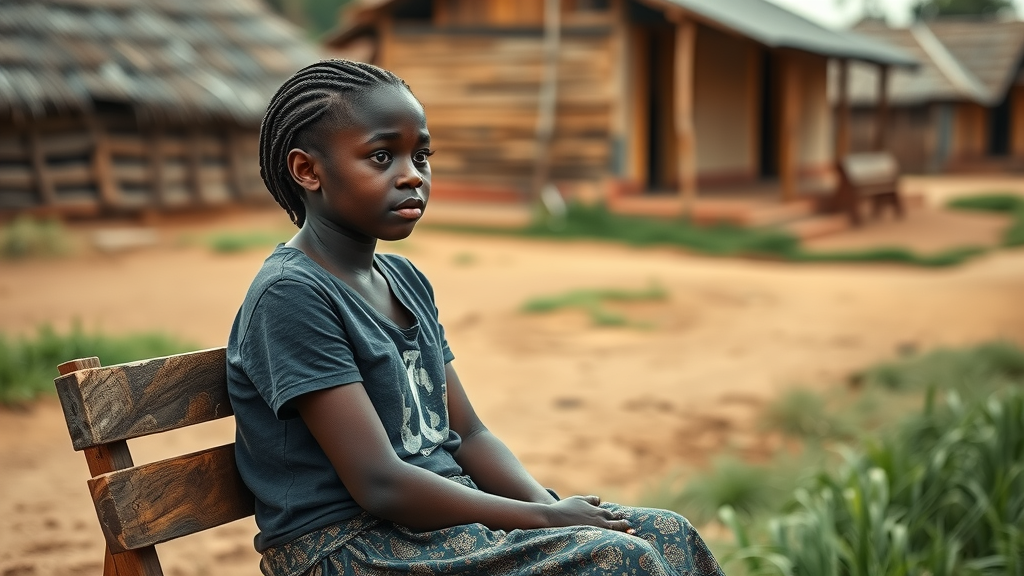
The Stark Realities Teenage Mothers in Uganda Face: A Look Beyond the Surface
"Every year, nearly 25% of Ugandan girls aged 15-19 become mothers or are pregnant with their first child, a silent crisis that remains largely invisible in policy and discourse."
The stark realities of being a teenage mother in Uganda extend far beyond the visible, past the gently swelling bellies, the shy smiles, and the crowded maternal health clinics. Behind these scenes, young mothers and pregnant girls grapple with a vortex of social, emotional, and economic barriers rarely discussed in the open. The struggle is not only individual; it is woven through families, school systems, and the very fabric of society as social norms reinforce silence and stigma. Rates of teenage pregnancy surge due to a blend of poverty, inadequate health education , entrenched gender expectations, and gaps within Uganda’s healthcare framework.
Many young mothers are forced to navigate a lifetime of consequences, including school dropout , economic insecurity, and generational cycles of poverty. The burden is not just theirs; society bears the weight of dreams unfulfilled and potential stifled. Yet, in these shadows, the resilience and aspiration of Uganda's young people still flicker, waiting to be acknowledged and championed.
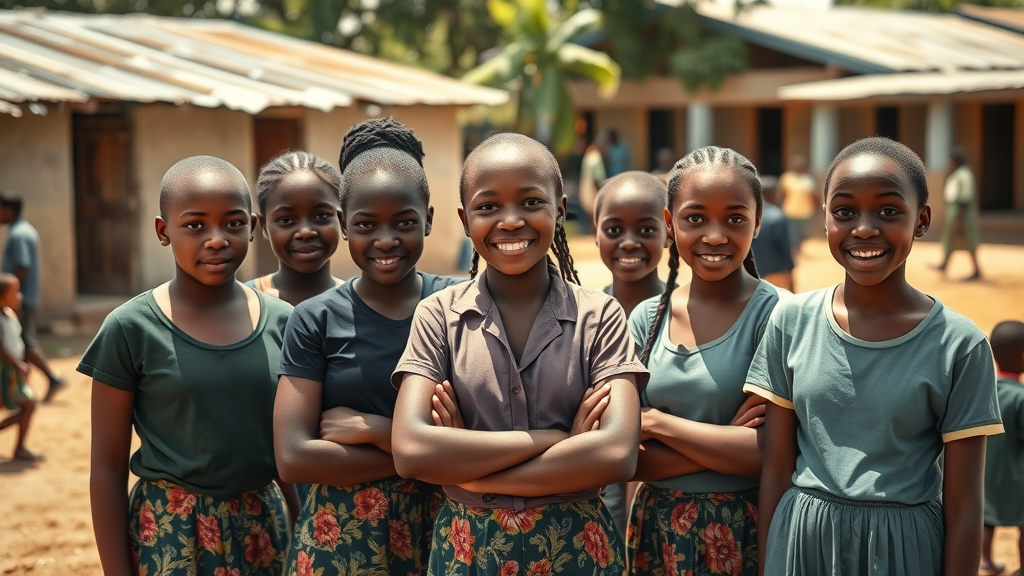
What This Article Will Reveal About the Barriers Teenage Mothers in Uganda Face
-
Gain insight into the range of emotional, social, and economic barriers faced by teenage mothers in Uganda
-
Understand how entrenched social norms and reproductive health challenges impact young mothers
-
Explore real-life stories and evidence shedding light on the overlooked hardships experienced by teenage mothers
-
Discover evidence-based recommendations and shared testimonials from young mothers and advocates
Barrier 1: The Emotional Toll on Teenage Mothers in Uganda, Isolation, Stigma, and Mental Health
Stigma in Ugandan Communities: How Social Norms Silence Teenage Mothers
-
Impact of negative perceptions and harmful social norms on pregnant girls and young mothers
-
Consequences of stigma: social withdrawal, shame, and self-esteem reduction
Stigma is a silent yet powerful weapon used against teenage mothers and pregnant girls in many Ugandan communities. Social norms dictate strict rules about gender and sexuality, branding young people who deviate—especially girls who become pregnant—as cautionary tales rather than individuals in need of support. This isolation is worsened by judgment from family members, teachers, and peers, pushing young mothers into the margins of society, where shame eats away at self-esteem and belonging.
These negative perceptions not only rob teenage mothers of vital support networks, but can also lead to direct actions such as expulsion from secondary school, exclusion from community activities, and harsh family treatment. The burden is intensified for girls living in regions with high rates of child marriage and early marriage, where pregnancy often marks the end of their education and their freedom.
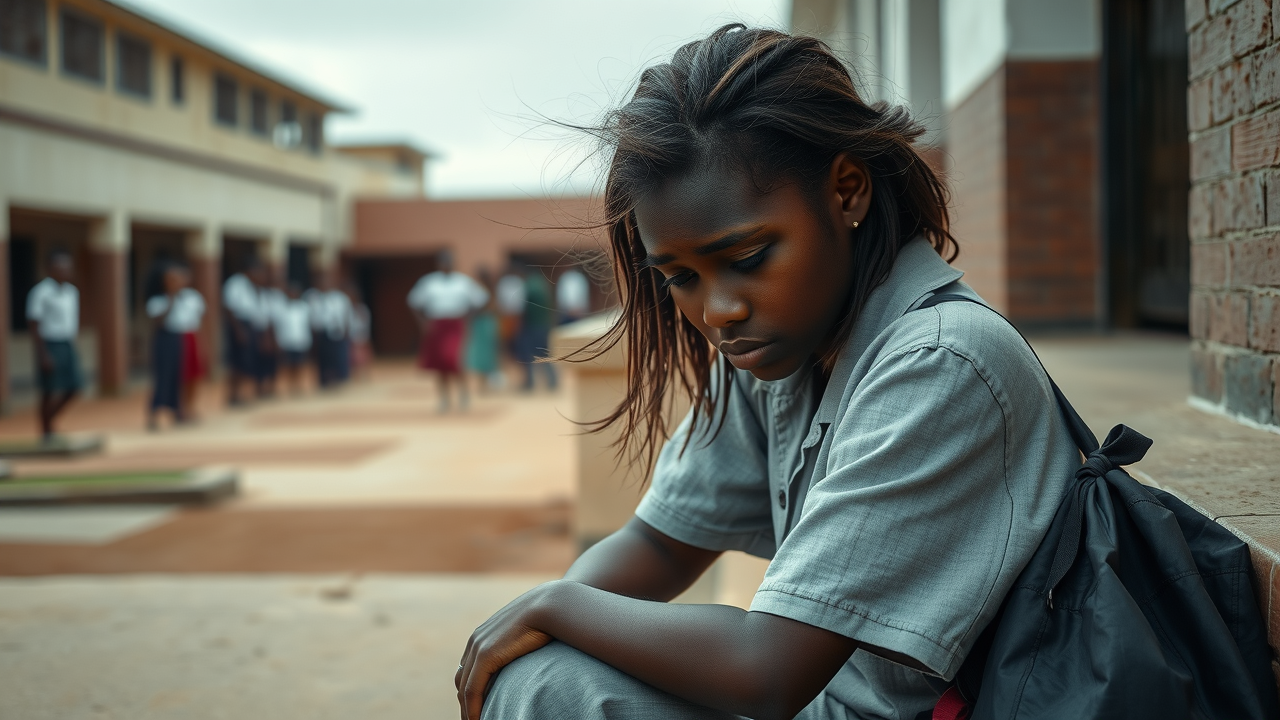
Unseen Struggles: Mental Health Challenges Among Teenage Mothers and Pregnant Girls
-
Depression, anxiety, and stress among young mothers resulting from unsupported teenage pregnancies
-
Barriers to access mental health services and safe spaces
The emotional impact of being a teenage mother is immense—ranging from overwhelming anxiety to deep depression, often in complete silence. Mental health services are severely lacking, particularly in rural areas, leaving most young mothers to battle these issues alone. There is scant investment in counseling and mental health education programs, and where they exist, cultural taboos and negative social norms still prevent access. As a result, crises go undetected until they become unmanageable, with many teenage mothers describing a sense of invisibility and constant fear of social exclusion.
The lack of safe spaces and peer support groups exacerbates this struggle, highlighting the urgent need for youth-driven focus groups and accessible counseling in both schools and communities. Without targeted interventions, these young people are left without the resources or safe spaces needed to address their trauma and build healthy futures.
"I felt invisible after my pregnancy, friends distanced themselves, and I was left to cope alone," shares Mariam, a teenage mother from Gulu.
Barrier 2: Social Barriers, Education Disruption and Limited Support Structures for Teenage Mothers in Uganda

The Dilemma of Continuing Education for Pregnant Girls and Young Mothers
-
Exclusion of pregnant girls from schools due to pregnancy-related stigma or lack of supportive policies
-
Urgent need for inclusive health education and reproductive health education in school curricula
Education is the single most powerful catalyst for change, but in Uganda, pregnant girls and young mothers are routinely denied their right to learn. Discriminatory school policies, fueled by cultural taboos and outdated social norms , often result in expulsion or forced withdrawal for teenage mothers . Teachers, citing "moral standards," sometimes refuse re-admittance, permanently closing the door to lifelong opportunities. School fees, already a challenge for many families, become insurmountable when paired with stigma and a lack of allies within the education system.
The absence of comprehensive reproductive health education in schools further perpetuates the cycle. Adolescents and young people receive ambiguous or judgmental health information, if any, leading to higher risks of unintended pregnancies and a lack of informed consent around sexual choices. Inclusive education, reinforced by compassionate school policies and peer-driven programs, is essential to reversing these trends.
|
Barriers |
Impact on Education |
Potential Solutions |
|---|---|---|
|
Pregnancy Stigma |
School dropout |
Community sensitization, re-admission policies |
|
Lack of Support |
Absenteeism, poor performance |
Mentoring and childcare programs |
Absence of Social Safety Nets for Teenage Mother and Young Mothers
-
Limited access to specialized social programs, counseling, and peer support for teenage mothers
-
Role of NGOs and community organizations in bridging the gap
The social safety net for teenage mothers in Uganda is alarmingly thin. State-run support programs are rare, and only a handful of NGOs and community organizations step in to provide much-needed counseling, vocational training, or emergency aid. The lack of tailored social work and peer support initiatives means that young mothers must rely heavily on family members, who may themselves be unsupportive or ill-equipped to help.
These gaps are particularly wide in rural areas, where focus groups have noted near-complete absence of accessible health care and psychosocial support. Where interventions do exist, their impact is multiplied by community allies, such as grassroots support groups or community leaders, who challenge negative social norms and advocate for systemic change.
"My teachers did not want to see me back at school after I showed up pregnant. I lost my dreams that day," says a young mother from Kampala.
Barrier 3: The Economic Burden, Cycle of Poverty Among Teenage Mothers in Uganda
Limited Livelihoods and Job Opportunities for Teenage Mothers
-
Lack of vocational skills and training for young mothers leading to economic dependency
-
Challenges to securing sustainable income and breaking the poverty cycle
Economic exclusion is both a result and a driver of the difficulties that teenage mothers in Uganda face . Disruption in education quickly converts to limited job opportunities, especially for those unable to continue to secondary school or access vocational skills programs. Young mothers without employable skills frequently fall into cycles of dependency, on family, partners, or informal jobs with little security or prospects.
The lack of targeted training and microenterprise support further hampers the ability of these young mothers to lift themselves out of poverty. Structural barriers, including exclusion from group savings programs, lack of affordable child care, and restrictive gender roles, conspire to keep many teenage mothers trapped financially, fueling intergenerational disadvantage.
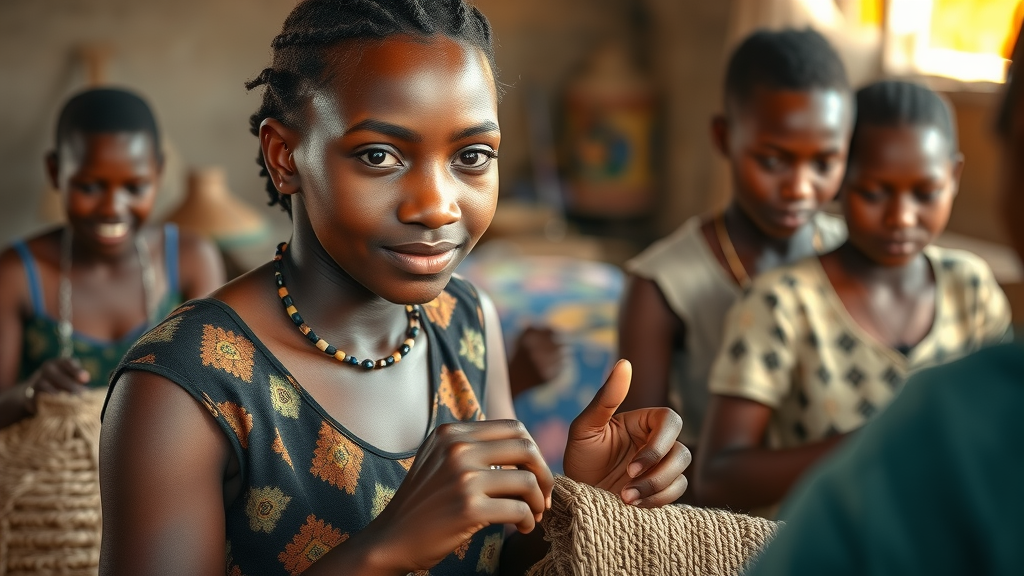
Early Parenthood and Its Economic Consequences for Young Mothers and Their Children
-
Struggles of teenage mothers to provide for their children and themselves
-
Intergenerational effects of poverty and vulnerability
Early parenthood deepens existing economic vulnerabilities for both mothers and their children. The majority of teenage mothers and pregnant girls lack the resources to provide consistent nutrition, health care, or stable shelter, creating conditions for poor health outcomes and continued deprivation. Data collection on these issues remains insufficient, hindering policy makers’ capacity to respond effectively.
The cycle is brutally efficient; children born to young, unsupported mothers face a higher risk of malnutrition, interrupted education, and early marriage themselves, fueling the very phenomena that entrap their parents. Breaking this cycle requires holistic interventions that empower young mothers not just with economic support, but with autonomy, education, and community solidarity.
"Support is not only about money; it's about empowering us with skills to take care of ourselves and our babies," insists a teenage mother interviewed in rural Uganda.
Barrier 4: Inadequate Access to Sexual and Reproductive Health Services for Teenage Mothers

Barriers to Reproductive Health Education and Care
-
Absence of youth-friendly reproductive health services for teenage mothers
-
Taboos impeding access to sexual and reproductive health information
Barriers to sexual and reproductive health services profoundly shape the experiences of teenage mothers in Uganda . Many clinics lack youth-friendly programs. Health care workers, socialized by the same restrictive taboos as the wider community, can be judgmental or dismissive, discouraging young people from seeking care. Cultural taboos make open conversations about sexual and reproductive health almost impossible for adolescent girls and young mothers .
Information on contraception, pregnancy prevention, and safe motherhood is often incomplete or shrouded in myths, leaving teenage pregnancies largely unaddressed at the roots. Expanding comprehensive health education within schools and communities is key to bridging these knowledge gaps and preventing the repetition of harmful cycles.
Navigating Healthcare as a Pregnant Girl in Uganda
-
Stigmatization by healthcare workers undermining care quality
-
Poor data collection on young people's health needs impacting policy responses
Healthcare settings should be sanctuaries, but instead, many pregnant girls and teenage mothers describe encounters marked by scorn or outright dismissal. Clinics are rarely designed to meet the unique needs of adolescent girls and young mothers , and critical gaps in data collection mean many realities go unnoticed. Policies lack nuance, and interventions are not sufficiently tailored to those who need them most.
The result is a patchwork system where too many fall through the cracks, unable to access maternal care, postnatal support, or even basic health education. Investment in youth-friendly healthcare environments and real-time monitoring of young people’s health needs must become priorities for both government and NGOs alike.
|
Service |
Barriers Faced |
Needed Improvements |
|---|---|---|
|
Sexual Education |
Cultural taboos |
Comprehensive curriculum |
|
Maternal Health Access |
Stigma, cost |
Affordable, nonjudgmental care |
Barrier 5: Human Rights and Policy Failures Impacting Teenage Mothers and Pregnant Girls
Policy Gaps in Protecting Teenage Mothers and Upgrading Reproductive Health Systems
-
Inadequate protection of human rights for teenage mothers in Uganda's legal framework
-
Deficiencies in supportive policies for pregnant girls returning to education and accessing healthcare
Legal and policy frameworks in Uganda provide little protection or recourse for those navigating teenage pregnancies. The rights of teenage mothers and pregnant girls , to education, health, and dignity, are insufficiently guaranteed or enforced. While policies might exist on paper, implementation remains limited, and monitoring is virtually nonexistent.
The result is a system where expulsion from school or denial of health care is routine, and where few policy interventions proactively address the underlying social norms or economic factors at play. Amending the status quo requires both a recognition of human rights and honest engagement with young mothers’ lived experiences.
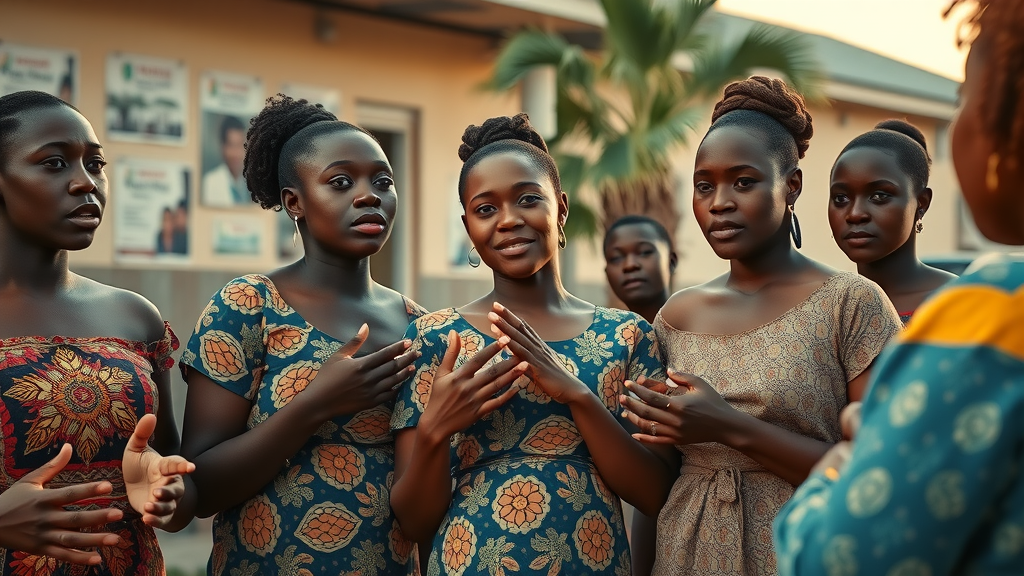
The Need for Data Collection and Informed Policy-Making
-
Lack of robust data collection on challenges faced by teenage mothers and young mothers
-
Call for evidence-based policy interventions
One of the most overlooked barriers remains the lack of robust data collection on the unique challenges facing teenage mothers in Uganda . Without solid evidence, policymakers and advocates are forced to work in the dark, relying on assumptions that rarely accommodate the diversity and complexity of young mothers’ lives. Comprehensive studies and needs assessments, in partnership with affected communities, are essential for policy interventions to have any chance of success.
Evidence-based strategies, driven by real-time data and the lived experiences of pregnant girls and teenage mothers , should form the backbone of all future reforms—from school reintegration to expanded maternal health services.
"Policies should listen to our voices—young mothers hold the key to ending the cycle if only given a real chance," - Advocacy Group, Girls Not Brides Uganda.
The Overlooked Power of Community: Supporting Teenage Mothers Through Changing Social Norms
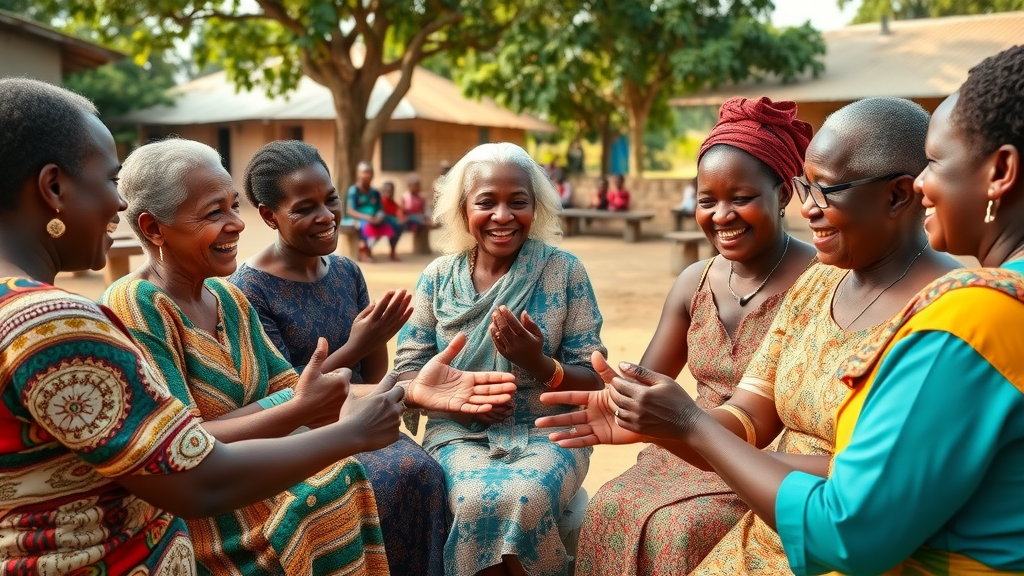
Community Responses Challenging Harmful Social Norms
-
Examples of community-led initiatives in transforming attitudes towards pregnant girls and young mothers
-
Role of local leaders, religious groups, and NGOs in advocacy
There is remarkable hope in community-driven responses that challenge harmful social norms and inspire practical help. Faith groups, village elders, and grassroots NGOs have begun to change attitudes by organizing group discussions and inclusive activities, turning stigma into compassion and understanding. Local leaders and advocates act as bridges to re-integrate young mothers into schooling and vocational programs, providing emergency support and safe spaces for healing.
These local innovations highlight the potential for societal transformation rooted in empathy rather than exclusion. Engaged community members and family members are increasingly critical allies in the movement toward justice for teenage mothers .
Youth-Led Solutions: Amplifying the Voices of Teenage Mothers
-
Showcasing projects initiated by young mothers for peer support
-
Impact stories of resilience and change
Perhaps the most inspiring force for progress are the youth-led solutions spearheaded by young mothers themselves. From small peer support groups to ambitious drives for policy advocacy, these projects demonstrate not only resilience but deep resourcefulness. The impact resonates, stories of teenage mothers returning to school, securing vocational placements, or becoming community peer educators reflect real change, one initiative at a time. See how Safe Haven Africa is blending purpose, healing, and impact every day in Wakiso →
By centering the voices of those most affected, Uganda can build health education and social work systems that are effective, ethical, and sustainable. This approach, grounded in mutual understanding and solidarity, is the foundation for ending systemic silence and transforming opportunity for future generations.
Addressing the Silence: Why We Must Act to End Barriers Teenage Mothers in Uganda Face
-
Summary of the urgent need to address emotional, social, and economic barriers
-
Actionable steps for the government, schools, and communities to combat stigma and support young mothers
The pain and potential of teenage mothers in Uganda can no longer remain confined to whispered conversations or long-neglected policy files. Addressing emotional, social, and economic barriers is both a moral and developmental imperative. Every child has a right to health, education, and dignity. Governments, educators, and community leaders are called to: update policies, fund youth-friendly reproductive health, ensure safe school reintegration, collect meaningful data, and foster a national culture where no young mother walks alone.
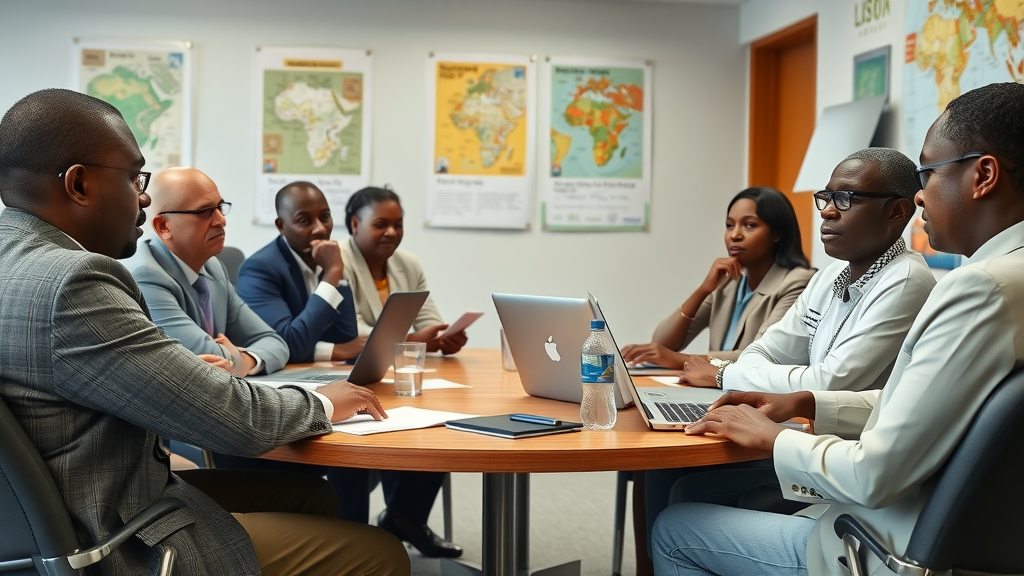
Questions You Might Have About the Barriers Teenage Mothers in Uganda Face
What are the challenges faced by teenage mothers in Uganda?
-
Challenges include social stigma, school dropout, lack of access to reproductive health services, economic hardship, and little community support.
What are the problems faced by adolescents in Uganda?
-
Adolescents face barriers such as early pregnancy, forced marriage, inadequate sexual education, poverty, and limited access to health facilities.
What are some of the challenges faced by teen mothers?
-
Teen mothers often battle societal discrimination, interrupted education, health risks for themselves and their babies, and economic instability.
What are some common challenges teen parents face emotionally and financially?
-
Teen parents struggle emotionally with isolation, anxiety, and depression, and financially with unemployment and dependency.
Recommended Actions and Policy Measures for Supporting Teenage Mothers in Uganda
-
Implement reintegration programs for pregnant girls
-
Increase funding to youth-friendly reproductive health and health education services
-
Promote community education to combat negative social norms and support young mothers
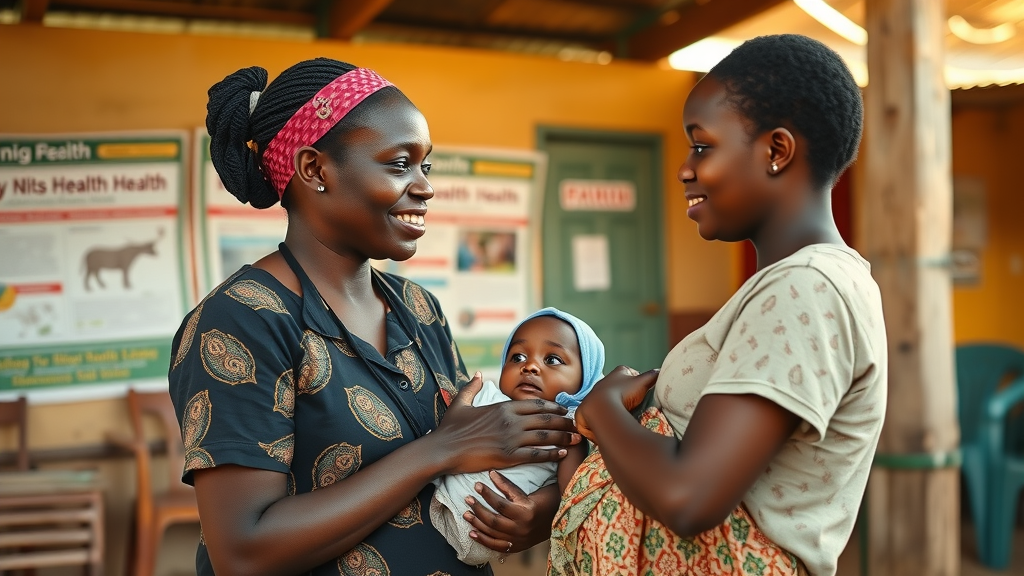
Practical Takeaways: How to Stand with Teenage Mothers in Uganda
-
Challenge and address stigmatizing attitudes in your community
-
Support education and vocational opportunities for young mothers
-
Advocate for policy change and better data collection on teenage mothers’ needs
-
Donate or volunteer with organizations supporting reproductive health and rights
"Empathy, activism, and policy reforms are crucial ingredients in rewriting the narrative for Uganda’s young mothers."
Making a Difference: Join the Movement to Support Teenage Mothers in Uganda Now

Conclusion: The barriers teenage mothers in Uganda face are not insurmountable. It is our collective action, policy reform, community empathy, and grassroots support, that will unlock hope and opportunity for every young mother and her child.
Teenage mothers in Uganda face significant emotional, social, and economic challenges that are often overlooked. The article “Uganda’s economic and social burden of teenage pregnancy” highlights the disproportionate share of maternal and infant mortality rates among teenage mothers, emphasizing the urgent need for targeted interventions. ( monitor.co.ug ) Additionally, “The social stigma Bugisu teenage mothers endure” sheds light on the profound social challenges and stigma these young mothers face within their communities, further complicating their path to recovery and reintegration. ( monitor.co.ug ) For a deeper understanding of these multifaceted issues, these resources provide valuable insights into the barriers teenage mothers in Uganda confront.
 Add Row
Add Row  Add
Add 


Write A Comment